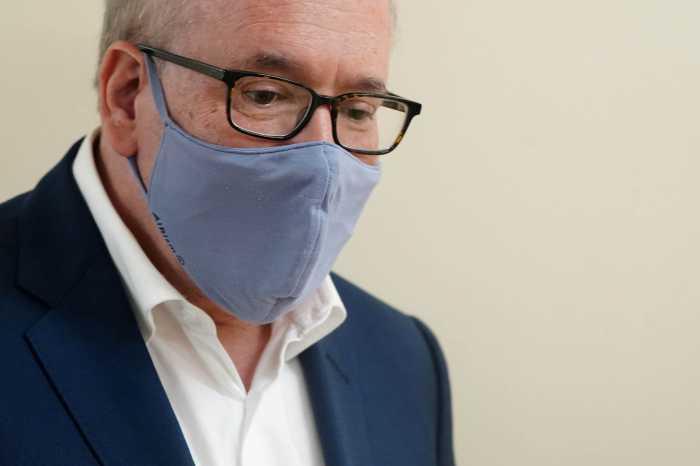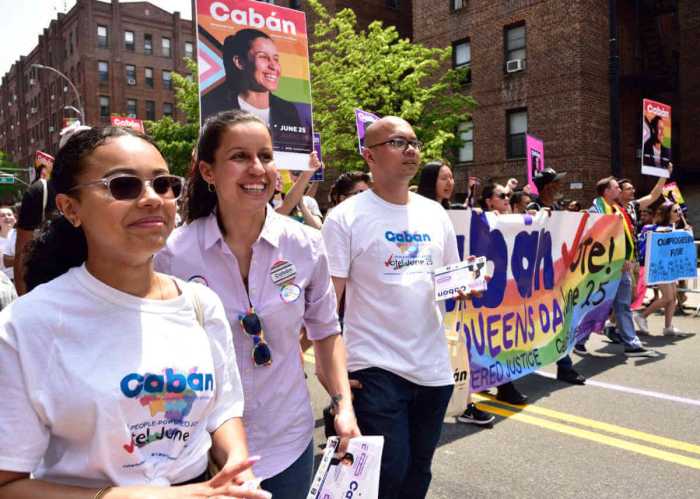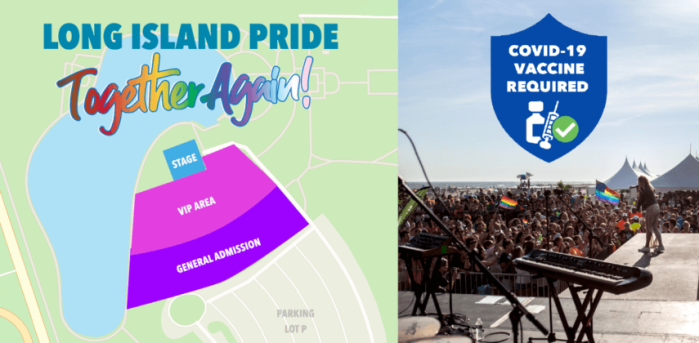New research unveiled by the Center for American Progress (CAP) on July 29 highlights the unique stressors and high levels of anti-LGBTQ bias facing queer Latinx communities.
CAP and NORC at the University of Chicago, which collected survey data of 1,528 LGBTQ individuals in June, revealed that 46 percent of LGBTQ Latinx respondents experience extensive anti-LGBTQ discrimination when compared to 31 percent of white LGBTQ folks. According to CAP’s report, this bias has infiltrated all aspects of respondents’ lives, from access to services to employment, housing, and mental health care. In explaining the individual needs of this group, the report pointed to the aftermath of the 2016 Pulse Nightclub shooting, a violent attack that killed 49 people and injured dozens of others following a gunman’s rampage at a queer Latinx night at the club in Orlando, Florida.
“The vast majority of the victims were Hispanic, and assisting survivors necessitated an intersectional approach, including providing community resources in both English and Spanish; assisting family members who required visas to attend funerals; and safely supporting undocumented immigrants who were affected by the tragedy,” CAP wrote in the report. “The Pulse shooting is one of countless instances where Hispanic and LGBTQ identities intersect to create specific needs and concerns.”
The report indicated that options are sparse for Latinx LGBTQ individuals who are barred from a business or other establishment due to discrimination. Thirty-two percent of Latinx LGBTQ respondents said it “would be difficult to some degree” to find a different restaurant if they are rejected for service, compared to 16 percent of white LGBTQ people. Plus, 36 percent of Latinx LGBTQ respondents report that homophobic bias has made it difficult for them to receive a valid ID when compared to 25 percent of white queer folks.
According to researchers, LGBTQ Latinx people often struggle to access queer-friendly and culturally competent services.
“Hispanic individuals are increasingly likely to live in rural areas that are often far removed from quality health care, insurance access, and even internet connectivity,” CAP wrote. “Those in urban settings are frequently located in segregated neighborhoods without access to quality and affordable food.”
Researchers also noted that discrimination drives higher poverty rates in Latinx communities. For example, a Latinx person may face barriers to employment, including being passed over for full-time gigs or experiencing racist stereotypes about immigrants, the report said. Approximately half of the Latinx LGBTQ folks surveyed said discrimination “negatively affected their ability to be hired to some degree.” What’s more, 54 percent of Latinx respondents said it yielded adverse effects on their “salary or ability to be promoted.”
In terms of housing, 43 percent of Latinx LGBTQ people said discrimination made it difficult to “rent or purchase a home to some degree,” which is 11 percentage points higher than white LGBTQ respondents who reported the same problem. The report further explains that Latinx LGBTQ individuals faced this bias within apartment communities, landlords, realtors, and home loan lenders.
The report also shows that fewer pharmacies, a lack of bilingual providers, and higher uninsurance rates contribute to disparate mental health concerns in this population. According to the report, 62 percent of Latinx LGBTQ folks report “feeling so sad that nothing could cheer them up to some degree” when compared to 53 percent of white LGBTQ respondents.
In the end, researchers said officials are still missing the mark on aiding Latinx LGBTQ individuals.
CAP added, “Language barriers and lack of culturally competent care contribute to large-scale mental health concerns. And discriminatory school policies make it difficult for Hispanic LGBTQ individuals to access a quality education. In order to effectively combat discrimination, lawmakers must consider the specific needs of Hispanic LGBTQ Americans.”
To sign up for the Gay City News email newsletter, visit gaycitynews.com/newsletter.



































